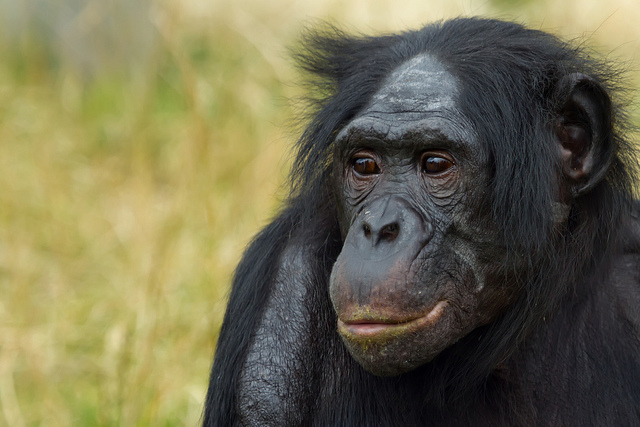Human sexuality is naturally promiscuous, primarily amorous
Ars Technica » Scientific Method 2013-02-28

LONG BEACH, CA—Thursday afternoon at the TED2013 conference got a little steamy. Christopher Ryan, a PhD of Psychology and co-author of the book Sex at Dawn, sexed up the stage by talking about what he believes is the evolutionary nature of human sexuality. “Human beings are not descended from apes," he told the crowd. "We are apes. We’re [genetically] more closely related to chimps and bonobos than they are to any other primate.” As Ryan puts it, the question is “what kind of ape are we” in terms of our sexual natures? It turns out, we’re also closely related to chimps and bonobos in sexual practices—and the latter are famous for their sexual promiscuity and even “homosexuality.”
Consider that the average human has sex about 1,000 times per birth. According to Ryan, we share that number of sexual encounters with chimps and bonobos, but the other primates are vastly different. Gorillas and all other primates have sex typically only 12 times per birth.
And, Ryan added, the frequency of sexual engagement is one reason humans, chimps, and bonobos have external testicles. Humorlessly comparing testicles to a beer fridge, Ryan noted that the idea is to be ready for a big party at any moment with plenty to share. In other words, external testicles are all about frequent and spontaneous ejaculation.
Read 4 remaining paragraphs | Comments